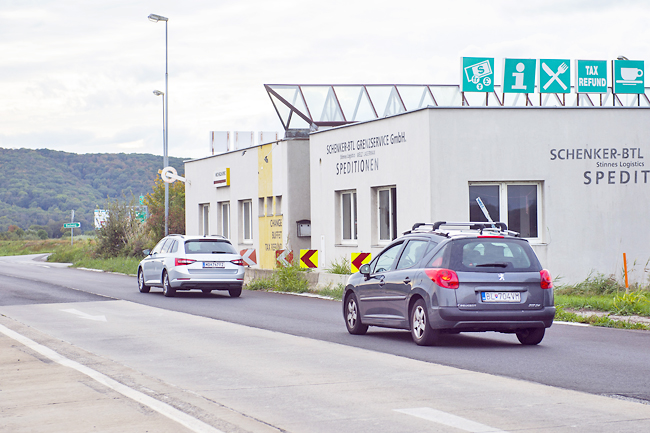BERLIN (AP) – Austria announced on Wednesday that it will start checking travel documents at its border with Slovakia following a similar decision by the Czech Republic to keep migrants from entering without authorisation.
The checks were set to start at midnight on Wednesday and initially will be enforced at 11 border crossings for 10 days, the Austrian government said.
The Austrian Interior Ministry said the border controls are intended to prevent migrant-smugglers from using Austria as an alternative route once the Czech Republic’s checks at its border with Slovakia started.
“We have to react before the smugglers react,” Austrian Interior Minister Gerhard Karner told public broadcaster ORF.
Austria, the Czech Republic and Slovakia all belong to the European Union’s (EU) visa-free Schengen zone, where residents of member nations typically can cross borders without presenting passports or visas.

Schengen countries have adopted temporary border controls in the past for various reasons, including to curb illegal migration and to prevent the spread of the coronavirus.
Austrian Chancellor Karl Nehammer told reporters he would meet with Hungarian Prime Minister Viktor Orban and Serbian President Aleksandar Vucic next week to discuss the issue of migration.
“The states are not doing this for their own sake, but to fight organised crime and smuggling and to reduce the pressure from the borders,” Nehammer said in Vienna.
Austria introduced controls along its borders with Hungary and Slovenia in 2015, when more than one million asylum-seekers from war-torn countries like Syria, Iraq and Afghanistan entered the EU. The Alpine country has repeatedly extended those controls, which remain in place.
Back then, the Czech Republic detained only about 8,500 migrants, while 12,000 unregistered migrants have been detained so far this year, the Czech Interior Ministry said.
A total of 125 people smugglers also have been arrested in the Czech Republic this year, a significant increase from past years.
Most migrants don’t want to stay in the Czech Republic or Slovakia, but travel through them to reach wealthier countries like Germany, Sweden and Austria.






